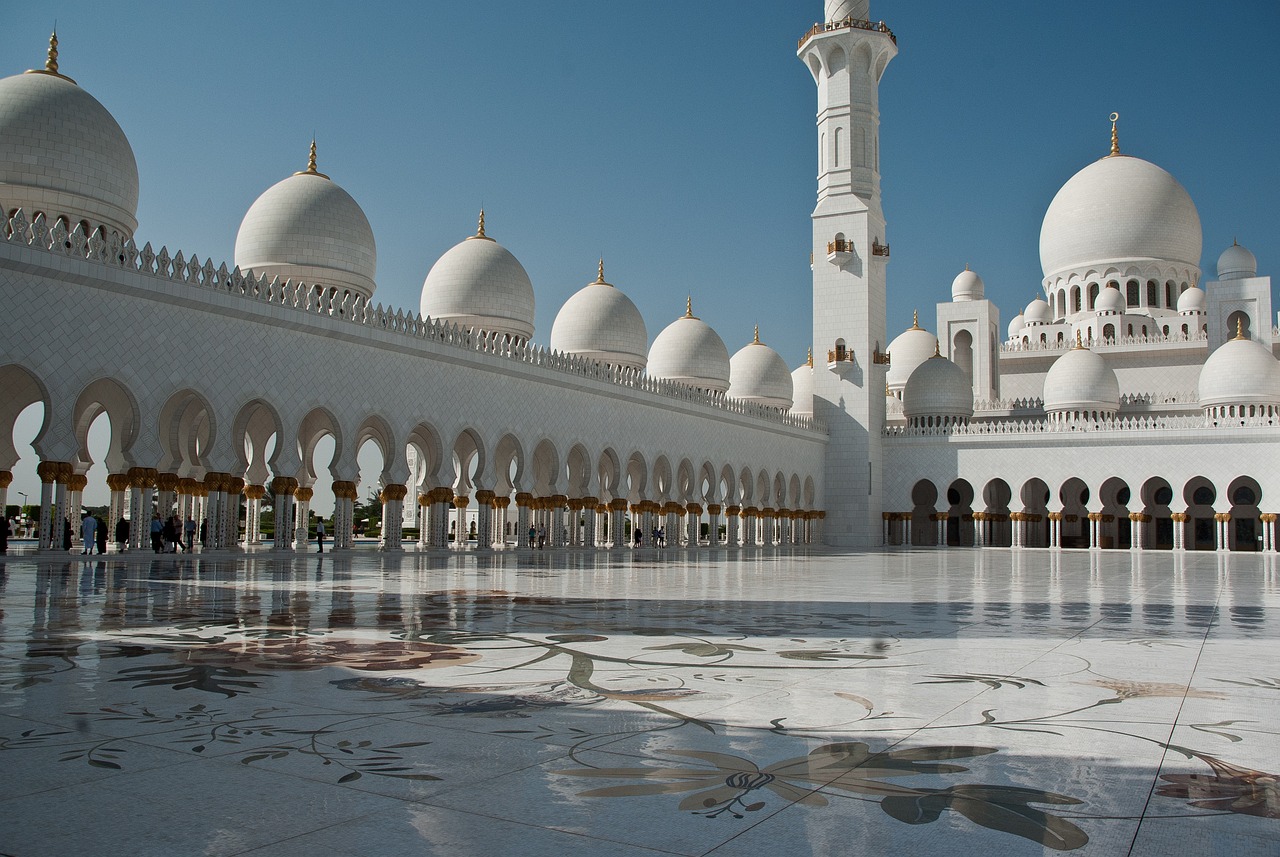
Abu Dhabi
UAE
GOVERNMENTAL DESTINATION
General information
Abu Dhabi, the capital of the United Arab Emirates, is a global hub of political, economic, and cultural influence. The city has rapidly evolved from a small settlement to a major power center in the Persian Gulf, playing a crucial role in global energy politics and international relations. As the seat of the Emirati government, Abu Dhabi hosts key institutions and is the site of significant summits and meetings that have a lasting impact on international diplomacy. The city's modern infrastructure, combined with its strategic location, makes it an ideal destination for high-level government and institutional visits.

Testimonials
Sheikh Mohamed bin Zayed Al Nahyan, President of the United Arab Emirates: 'Abu Dhabi has become a center for international cooperation, facilitating dialogue and innovation in key sectors' (Source: Speech at the World Future Energy Summit 2020). Antonio Guterres, UN Secretary-General: 'Abu Dhabi offers a unique and secure environment to discuss the most pressing global challenges' (Source: Remarks during the Abu Dhabi Sustainability Week 2019). Christine Lagarde, President of the European Central Bank: 'Abu Dhabi is a shining example of how cities can lead in sustainability and economic development' (Source: Interview with Al Jazeera 2019).
Importance of the GITT sector
Abu Dhabi is recognized as a major power center in the Gulf region and a key player in global diplomacy. The city has positioned itself as a top destination for hosting international events, attracting world leaders and serving as the venue for important summits addressing issues of security, energy, and economic development.
Diplomacy and institutions
Abu Dhabi is home to more than 100 embassies and 75 consulates, highlighting its importance as a diplomatic hub in the Middle East. The city also hosts the headquarters of the International Renewable Energy Agency (IRENA) and the Gulf Cooperation Council (GCC), key institutions that strengthen its position in regional and international governance. The extensive diplomatic and organizational presence in Abu Dhabi underscores its crucial role in global mediation and conflict resolution.

Rail and conections
Abu Dhabi is connected by a first-class road network that facilitates mobility within the city and to other parts of the United Arab Emirates. The internal transport system includes highly secure private vehicle options with drivers, designed to meet the needs of official delegations, ensuring efficient and discreet logistics for the transportation of dignitaries.

Airports
Abu Dhabi International Airport is the city's main gateway, handling both commercial and private flights. This airport features dedicated terminals for private and official flights, offering personalized services and enhanced security for governmental delegations. The airport's infrastructure ensures efficient and secure access for leaders and dignitaries visiting the city.

Venues
Abu Dhabi boasts world-class facilities for hosting governmental and institutional events. The Abu Dhabi National Exhibition Centre (ADNEC) is equipped with state-of-the-art technology and advanced security measures, while Qasr Al Watan, a landmark palace, offers a luxurious and private setting for high-level meetings. These venues ensure a secure and highly professional environment for international diplomacy.
Economic, social and cultural impact of the sector on the destination
Governmental and institutional events in Abu Dhabi account for approximately 12% of the total expenditure on tourism and events in the city, according to the Department of Culture and Tourism of Abu Dhabi. These events generate significant economic impact, strengthening the hospitality and transport industries while positioning Abu Dhabi as a leader in global diplomacy. Culturally, these events also promote intercultural understanding and project an image of Abu Dhabi as a modern and welcoming city.

Governmental events
Abu Dhabi has hosted significant international events, including the World Future Energy Summit (held annually since 2008) and the International Renewable Energy Conference (IREC) in 2020. These events have solidified Abu Dhabi's reputation as a global center for innovation and diplomacy in the energy sector.

Sustenability and RSC
Abu Dhabi has implemented various initiatives to ensure that governmental events are sustainable and environmentally responsible. The city promotes the use of clean technologies in its main venues and encourages carbon footprint reduction through eco-friendly transport policies and recycling practices during events. These measures reflect Abu Dhabi's commitment to sustainability in the organization of international events.